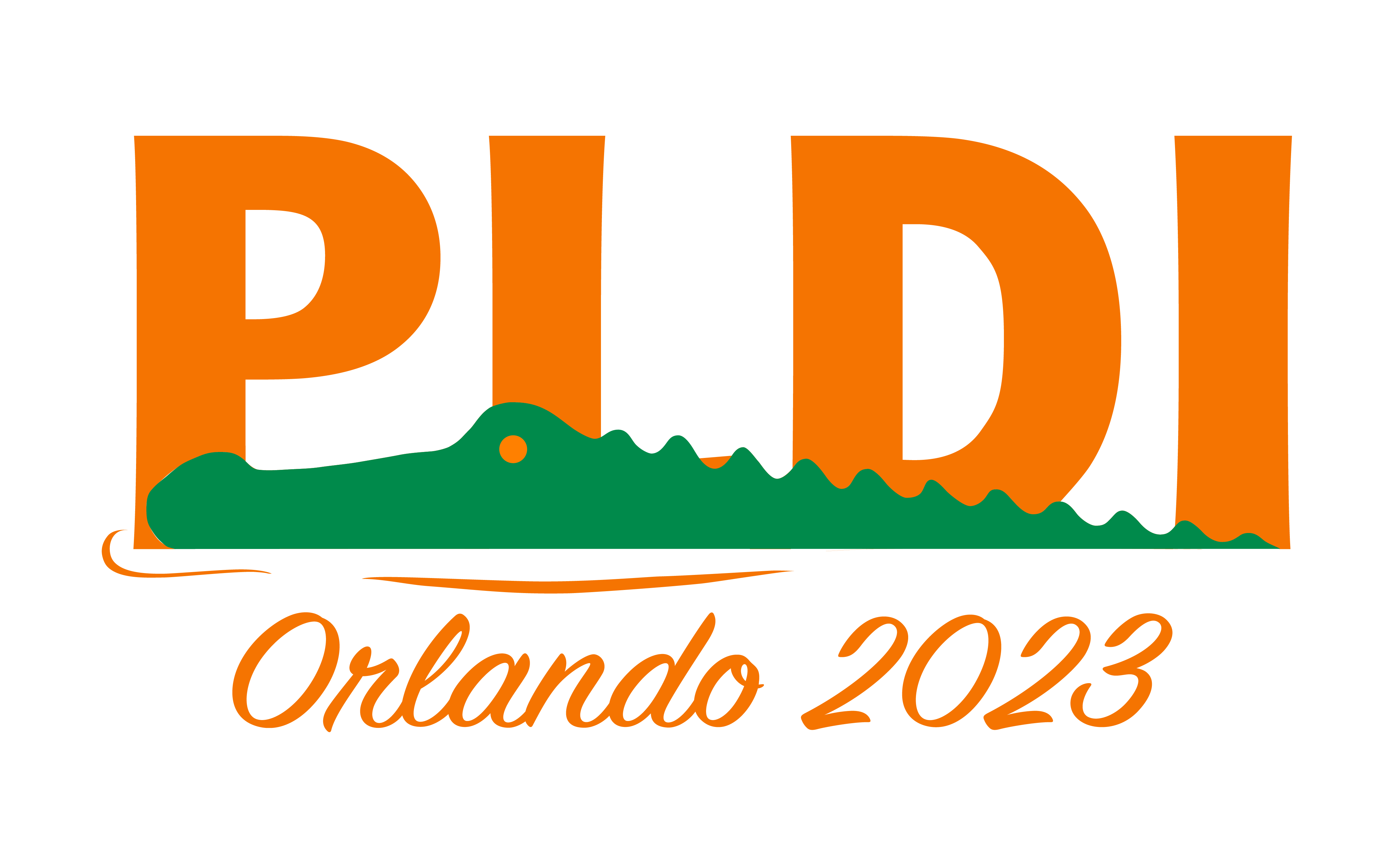PLDI 2023
 I was long overdue to attend a conference in person: the last conference I attended was POPL 2020.
This year’s PLDI was in Orlando, Florida at the height of a hot, humid summer in the largest conference
center I have ever seen (we did a lot of walking within the conference center).
PLDI was co-located with other conferences including
the hardware conference ISCA as part of the Federated Computing Research Conference (FCRC)
and I dropped in on a few of the ISCA talks.
I was long overdue to attend a conference in person: the last conference I attended was POPL 2020.
This year’s PLDI was in Orlando, Florida at the height of a hot, humid summer in the largest conference
center I have ever seen (we did a lot of walking within the conference center).
PLDI was co-located with other conferences including
the hardware conference ISCA as part of the Federated Computing Research Conference (FCRC)
and I dropped in on a few of the ISCA talks.
There were two tracks so I didn’t attend all the talks but some of the themes in the talks I did attend were as follows (there were lots of other great papers in the program).
-
Sparse matrix multiply, Tensors, Transformers and Machine learning. In particular, ways of generating and combining high performance implementations. bansal:pldi:2023
-
Formally verified software, and fast crypto implementations kuepper:pldi:2023
-
Extending and using SMT solvers wang:pldi:2023
-
Quantum computing chen:pldi:2023
-
Undefined Behaviour in C isemann:pldi:2023
-
Fuzzing and testing livinskii:pldi:2023
-
Information leakage, non-interference and Approximate model counting saha:pldi:2023
-
Memory management, and parallelism arora:pldi:2023
-
Defunctionalization brandon:pldi:2023
-
Synthesis guria:pldi:2023
-
Separation logic liu:pldi:2023
-
Type systems nigam:pldi:2023
In other words, this is still PLDI.
One of the most interesting talks was about a type system inspired by incorrectness logic used to reason about whether a random test generator was theoretically capable of generating all possible input values zhou:pldi:2023. Just as incorrectness logic turns Hoare logic on its head, so their type system turns normal typing rules on their head.
And I dropped in on my colleague Sam Coward’s E-graphs talk about his extensions to E-graphs to support the use of egg to generate efficient floating point hardware. (See coward:arxiv:2023 for the related paper.)
I also enjoyed the Plenary Talks I attended
-
“Computing in the foundation model era” by Kunle Olukotun, Stanford University link
This was about designing hardware for constructing large language models and how his students’ research has fed into a startup that is creating chips (and racks) for machine learning.
-
“Constructing & deconstructing trust: Employing cryptographic recipe in the ML domain” by Shafi Goldwasser, University of California Berkeley link
This was about taking all the understanding of threat models, attacks, etc. developed by the cryptographic community and using that to think about the known attacks and potential vulnerabilities in the creation and use of machine learning models.
But, really, I went to catch up with colleagues that I had not seen for several years; to meet researchers whose work I knew but had never met; and for the random meetings, dinners and introductions that happen in the “corridor track”.
The opinions expressed are my own views and not my employer's.